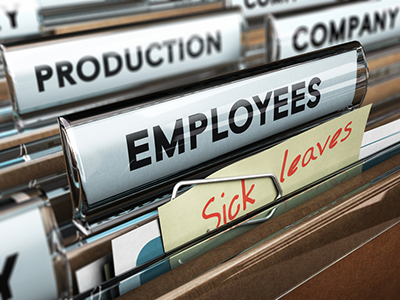You may be asking yourself: How is it already almost 2019?! With the New Year fast approaching, for those employment law enthusiasts out there, here are some legal issues that you want to keep in mind as you look back on 2018 and forward to 2019:
1. Compensation
Year-End Bonuses: Employers distributing holiday bonuses, holiday gift cards, year-end merit bonuses, and other types of compensation to nonexempt employees should consider whether the compensation must be included in a nonexempt employee’s “regular rate” of pay when calculating overtime. The Code of Federal Regulations carves out some specific types of pay that need not be included in an employee’s regular rate of pay. For example, Section 778.211 excludes purely discretionary bonuses and section 778.212 excludes gifts for Christmas and other special occasions. So, an employer giving employees gift cards for the holidays or other special occasions is not required to incorporate the value of those gift cards into an employee’s regular rate of pay as long as the amounts “are not measured by or dependent on hours worked, production, or efficiency.” See 29 C.F.R. § 778.212(a); 29 U.S.C.A. § 207.












